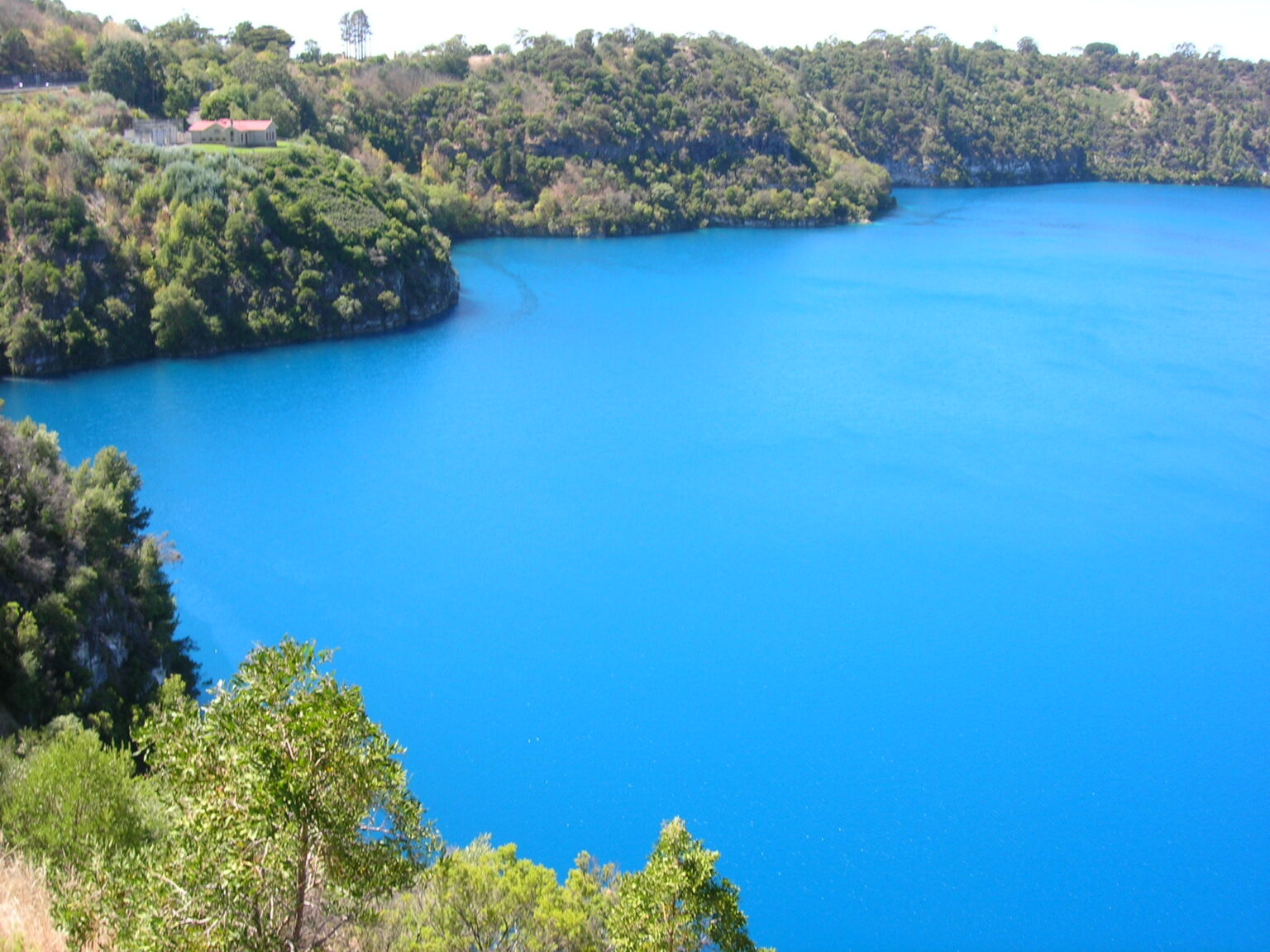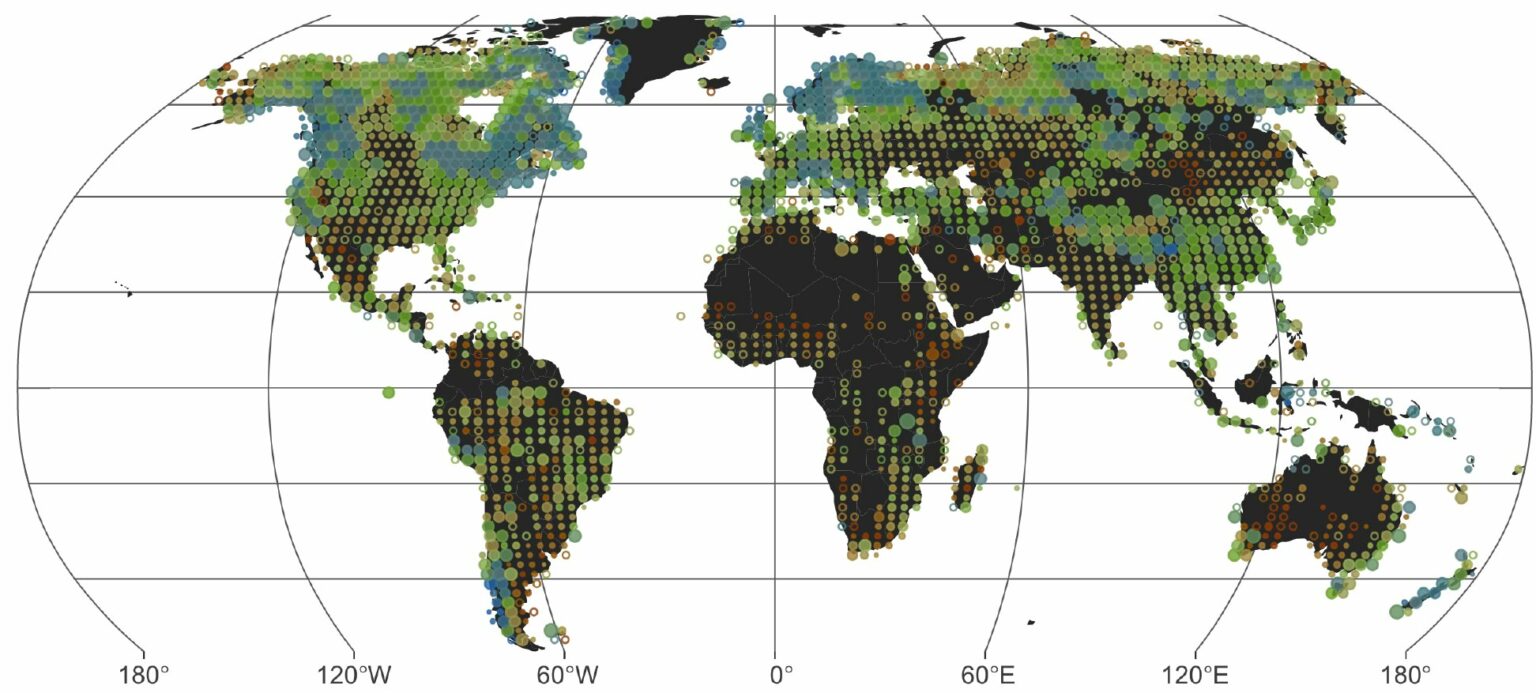Scientists have studied satellite data and found that only 30 percent of all lakes on Earth have blue water color. And in the future, their number may still decrease due to global climate change.

Scientists study lakes from orbit
Scientists examined 5.14 million satellite images of freshwater reservoirs taken from 2013 to 2020. They depict 85,360 lakes and reservoirs scattered around the globe. They were interested in the dominant color of the water.
It turned out that the pure blue color has less than a third of them. As a rule, these are deeper lakes located in cool latitudes, where there is a large amount of precipitation, and in winter there is an ice cover.
69 percent of all lakes on Earth have a greenish-brown color. As a rule, they tend to dry regions and are located either completely in the depths of continents, or right off the coast.
What changes the color of lakes
A new study of the color of lakes from satellite images has shown that it is not sediments and algae transport that determine whether the lake remains blue most of the year, or will acquire a less pleasant color. The main factors here are air temperature, precipitation, altitude above sea level and the depth of the reservoir.

And the fact that the first two parameters of the listed areas determined by the climate led scientists to believe that changes in global temperature on the planet can greatly reduce the number of blue lakes in the coming years.
Researchers have modeled how different scenarios of global warming can affect the color of lakes. It turned out that, first of all, reservoirs located in high latitudes can cease to be blue: Canada, Northern Europe and New Zealand.
Actually, microscopic algae already exist in all these lakes. But low temperatures for most of the year prevent them from developing excessively. If the air starts to warm up more, then they will also “bloom” and it will be impossible to fight this.
According to phys.org
Follow us on Twitter to get the most interesting space news in time
https://twitter.com/ust_magazine
